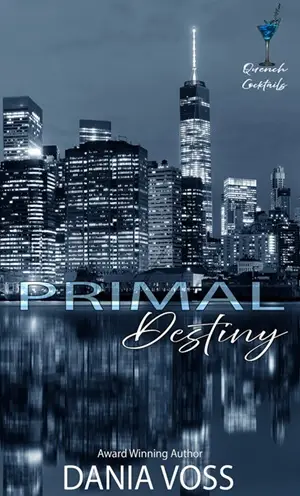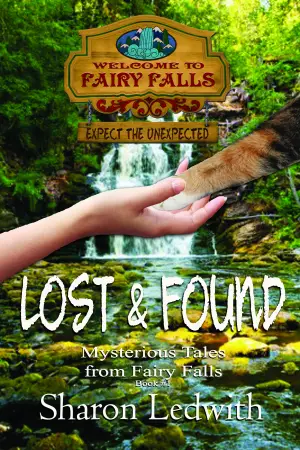As an avid reader who gravitate towards emotional and character-driven narratives, I was thrilled to dive into Kristin Hannah’s latest work, Magic Hour. Knowing her reputation for crafting compelling stories that both illuminate the resilience of the human spirit and explore the meaning of home, I was excited to see how she would tackle themes of fear, isolation, and connection in this novel. The premise—a six-year-old girl emerging from the depths of the Olympic National Forest, voiceless and alone—was captivating and drew me in immediately.
Hannah’s evocative prose painted a picture of not only the stunning, rugged Pacific Northwest but also the intricate emotional landscapes of her characters, making the reading experience immersive. The main character, Dr. Julia Cates, a child psychiatrist returning to her roots, is met with the challenge of helping the mysterious Alice, a girl trapped in her own fear. The emotional undertones are rich, and I found that I became emotionally attached to both characters. Just like Diane noted in her review, Julia’s journey of self-discovery through her relationship with Alice is profound and moving.
One significant positive of this book is its exploration of human connections. Hannah thoughtfully illustrates that healing often comes through the relationships we build with others. The community’s collective support for Alice, as mentioned by Beth, truly resonated with me; it highlights the importance of empathy and selflessness in difficult times. The read was not only engaging but also served as a gentle reminder of the power of compassion.
However, I did resonate with some critiques regarding the pacing of the story. While I agreed that the beginning felt somewhat slow, this was more of a necessary buildup for me. I appreciated the depth it provided, allowing readers to feel the weight of Julia’s challenges clearly. Yet, as noted by others, some readers might find themselves impatient as they wait for the momentum to build.
In terms of writing style, Hannah’s brilliance shines through. Her ability to weave complex emotional threads into the narrative is nothing short of exceptional. As Jacqueline pointed out, the character development is noteworthy; the bond between Julia and Alice feels genuine and heartwarming. Each chapter left me eager for the next, despite a few moments that felt stretched, particularly when Julia spent time in the same room with Alice.
Another aspect that impressed me was the environmental backdrop, as the Olympic National Forest adds a layer of symbolism to the characters’ struggles and triumphs. This setting reinforces the novel’s themes of isolation and connection, creating a poignant contrast. I found the details about the forest compelling and hope that this beautiful setting finds its way to the screen in an adaptation, as Nancy suggested.
Overall, Magic Hour met my expectations and then some. The character arcs are relatable, and I found myself reflecting on the messages of hope and healing long after I had turned the final page. While some early chapters may feel slower for certain readers, the emotional payoff is well worth it. This is a story that lingers, making it an easy recommendation for anyone who loves a tale rich with complexity and heart.
If you’re seeking a moving story with depth that reminds you of the resilience of the human spirit, Magic Hour should definitely be on your reading list. It’s a book that will stay with you, evoking a blend of hope and introspection, and I wholeheartedly encourage others to read it.
Discover the enchanting world of Magic Hour and let your imagination soar. >>








